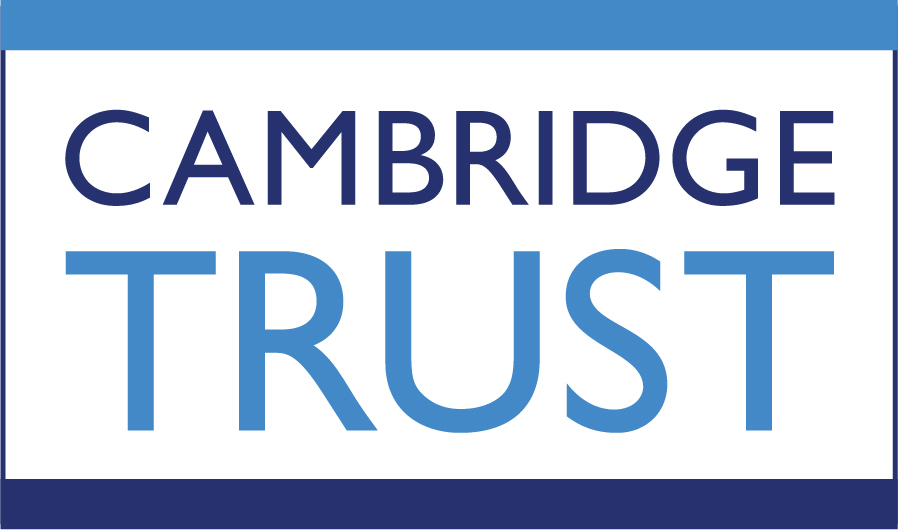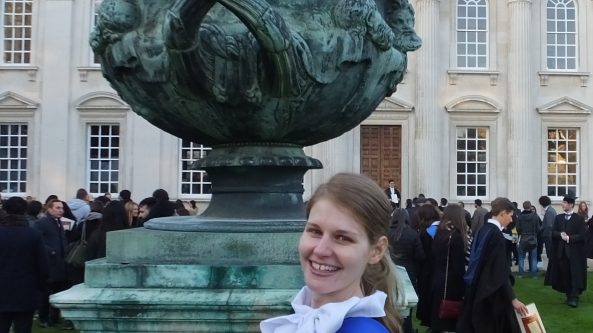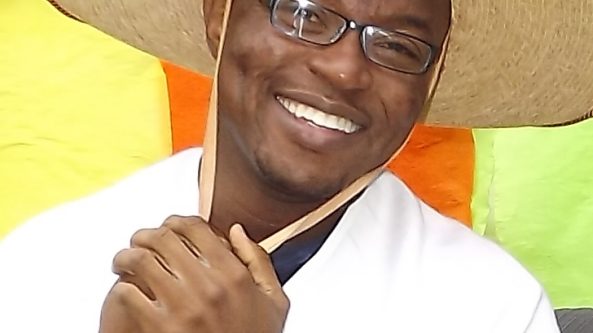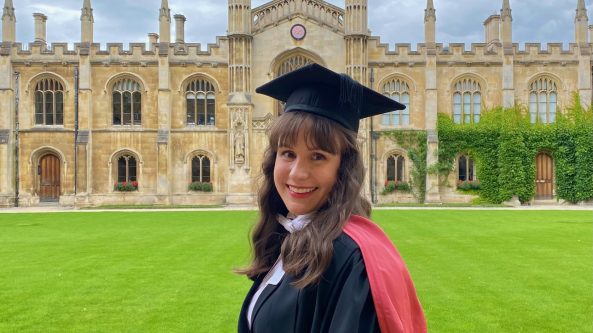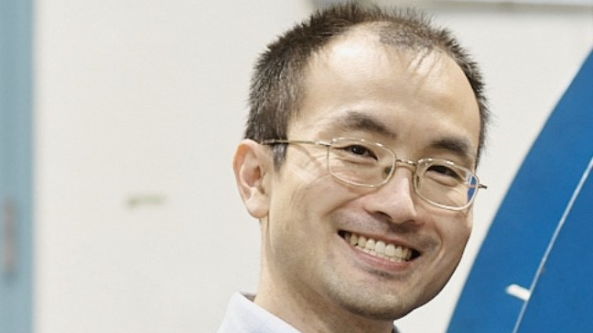How PhD student plans to transform education in Zambia
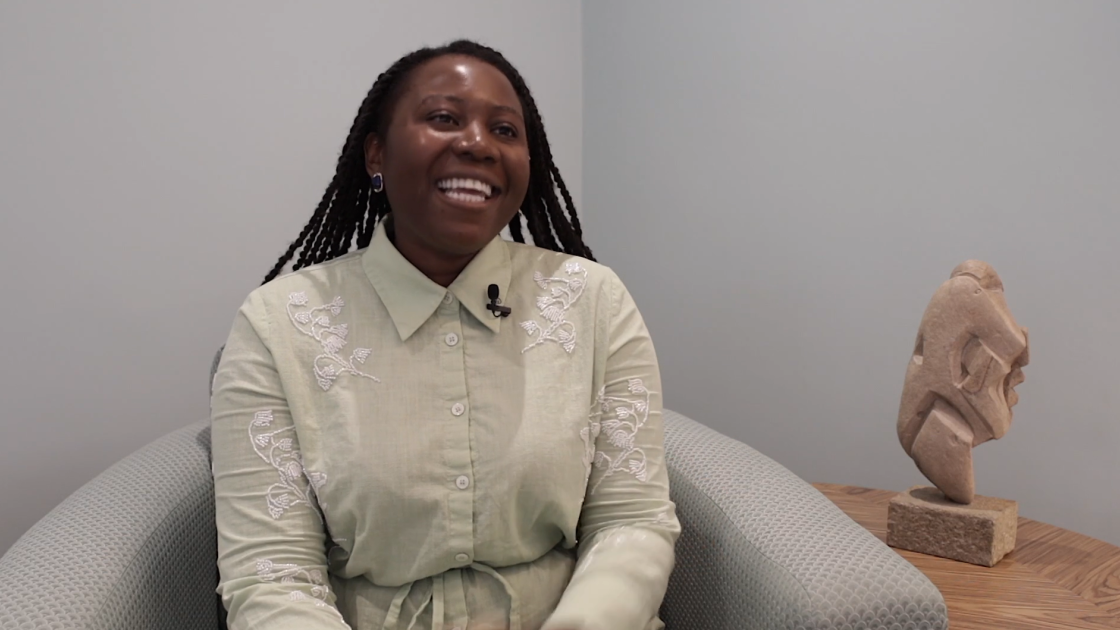
Tililenji Phiri is a secondary school teacher from Zambia, currently studying for a PhD in Education at the University of Cambridge.
When I completed my teaching degree at the University of Zambia, my goal was to become a ‘really good teacher’. I wasn’t yet clear on what exactly that meant, or how it would shape my career journey.
Her experiences teaching in low-resource communities, and her passion for transforming the lives of young people constrained by inequalities, became central to her approach.
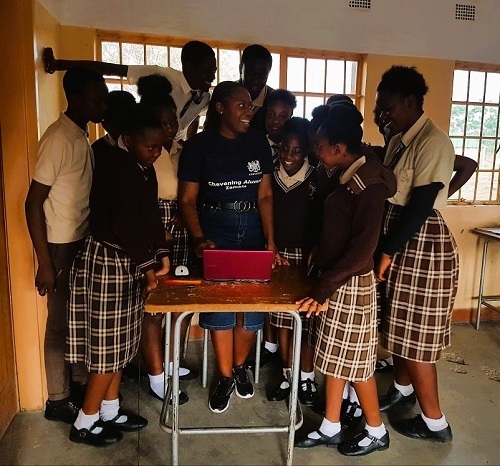
Being a good teacher meant applying myself beyond supporting academic pursuits, to include other aspects like social inclusion and agency. I want to support students and teachers so they can gain control over their lives and develop impactful solutions to the problems they face.
Tililenji completed her Master's in Inclusive Education at Edinburgh University before starting her PhD at the University of Cambridge. Her goal is to create spaces in Zambian schools where thinking around agency can be further developed. “One way is extending the work of guidance and counselling departments in rural schools, to focus more on the barriers these students face. Such a project can create empowering conversations and actions among teachers and students, and transform provision,” she says.
The Cambridge Trust's financial support for international students at different stages of their education was instrumental in Tililenji's journey. She applied for the Cambridge Commonwealth Scholarship, funded by the Commonwealth Scholarship Commission and the Cambridge Trust.
“The Cambridge Trust offers financial support, but at the same time, they’re changing lives by giving individuals a second chance to pursue educational opportunities, as well as empowering the communities that they come from,” says Tililenji.
Tililenji encourages prospective Cambridge Trust scholars to carefully research their funding opportunities early on.
Without the Trust, I would not be doing a PhD. This was a once in a lifetime opportunity and significant turning point in my life.
"I feel that there’s still more to explore in my research, and eventually I want to go into policy," says Tililenji. "My biggest dream is that I want to start my own initiative, to drive change in rural education. I want to engage with teachers, and with young people in rural areas, and start building rural solutions to rural education problems."
Tililenji says the scholarship has given her not only academic confidence, but also the training needed to make these plans a reality. She’s also pleased to be able to inspire her own students, showing them what’s possible for their own academic futures.
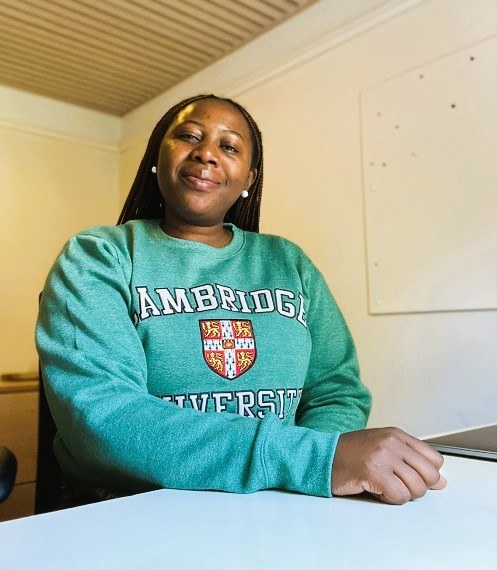
As a PhD student, I have gained confidence in my own agency to influence change. The Faculty of Education at the University of Cambridge has been a safe space that encourages real-world reflections and exchange of knowledge. All knowledge and ideas matter here. Now I look forward to taking this learning journey out of Cambridge and creating more solutions and opportunities in educational spaces around the world.
